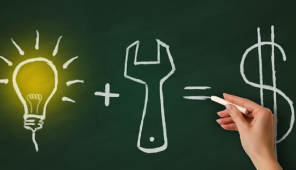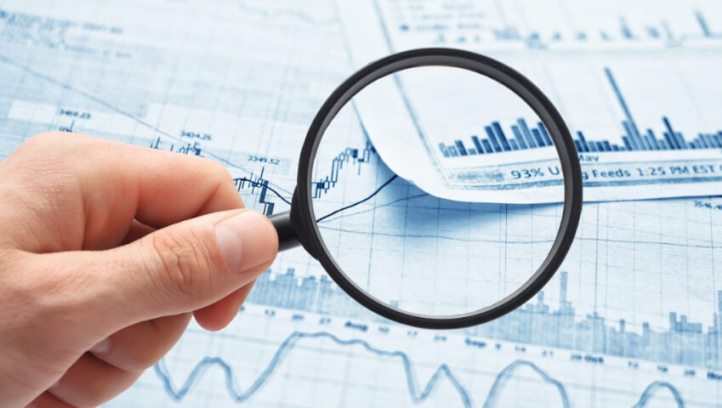What you need to know about Forex
 In order to successfully trade on the forex currency exchange, a novice trader needs to know a few basic points; these are the very basics of trading, without knowledge of which you will almost immediately lose your first deposit.
In order to successfully trade on the forex currency exchange, a novice trader needs to know a few basic points; these are the very basics of trading, without knowledge of which you will almost immediately lose your first deposit.
It will take you a little time to study these issues, but it will be worth the profits.
This article will discuss some important technical aspects and practical issues of trading, which are the basis of any successful trading and without which you simply cannot become a successful trader.
Forex is an equal opportunity place; it is as easy to make money as it is to lose money.
Anyone has equal rights to change their life for the better; the main thing is to know what requirements the currency exchange puts forward for a trader and what brings profit.
1. Choosing a broker is a rather difficult and responsible stage; the most successful option for a brokerage company should combine good trading conditions and reliable operation of the trading terminal.
Trading conditions – spread size for your currency pairs, minimum deposit size, order execution options, fee for transferring a position to the next day, conditions for triggering pending and stop orders.
Technical aspects - stable connection with the broker, absence of requotes and slippage, availability of alternative ways to manage open positions (phone, Skype, etc.).
2. Basics of technical and fundamental analysis - without them you simply should not start trading, they are the foundation of any Forex strategy. Moreover, it is not necessary to delve deeply into the very essence of theoretical issues; it is quite enough to have an idea of how to analyze the existing trend and what are the main fundamental factors that influence the exchange rate.

3. Skills in working with a trading terminal - you must be able to correctly open an order of any type, including a pending one. Understand the principles of placing safety orders - stop loss, take profit and trailing stop . Be able to set up news feeds and carry out some other operations.
4. Using indicators - this group of tools is simply necessary for any trader, so you should know how to install and configure a particular technical indicator and for what purposes it should be used.
Unlike advisors and other automated trading systems, this point is quite useful in real trading and is a must-learn.
5. Fundamentals of money management - in the context of application on Forex, this formulation sounds a little loud, your task is just to correctly learn to determine the ratio of trading volumes to the amount on your deposit. Trading is based on the principle that the amount of funds pledged should not exceed 10% of the total deposit amount.
6. Trading strategies - to create your own trading option, you should first familiarize yourself with the most popular Forex trading strategies . In the future, you will be able to decide which of the options considered is more suitable for you, based on the characteristics of your character and financial capabilities.
7. Psychology - to be more precise, the knowledge of what you should never do, namely hold unprofitable trades with false hopes and try to win back if you have made a large drawdown.
The study of the above issues should be tested in practice; in this case, it is more advisable to use a demo account; you test all the acquired knowledge on it without risking your own funds. And only after you feel confident enough, proceed to real trading.
The most important thing to know and realize when learning is that trading on Forex using only intuition will lead to a quick loss of the deposit.
